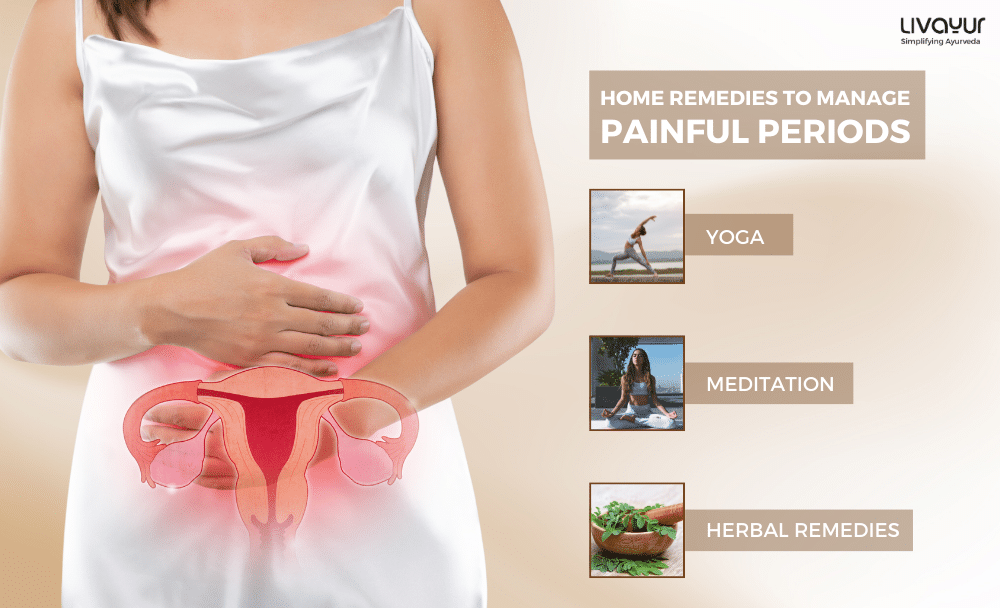
The body’s natural rhythms are held in profound reverence in Ayurveda. The menstrual cycle is central to this intricate harmony, known in Ayurveda as “arthava.” Periods are vital to a woman’s reproductive health. However, there may be occasions when the need to halt or alleviate them arises due to various factors. These can include discomfort, pain, or even cultural or religious reasons.
This article delves into the Ayurvedic perspective on how to manage periods immediately. We will look at 12 potent home remedies that align with the principles of Ayurveda, emphasizing balance and well-being. These time-honored remedies draw from the wisdom of Ayurvedic traditions. They offer a holistic approach to addressing menstrual concerns while respecting the body’s needs.
Causes of heaving bleeding during periods
Heavy menstrual bleeding, commonly called “raktapradara,” can be due to various factors connected with one’s dietary and lifestyle choices. Ayurveda underscores the importance of maintaining a delicate balance between the body’s doshas (vata, pitta, and kapha) and believes the following factors can contribute to excessive menstrual bleeding.
- Dietary choices
Consuming excessive sour, salty, heavy, and spicy (katu) foods and foods that produce a burning sensation (vidahi) can disrupt the natural equilibrium of the doshas and aggravate pitta dosha. The imbalance may manifest as heavy menstrual bleeding. [1]
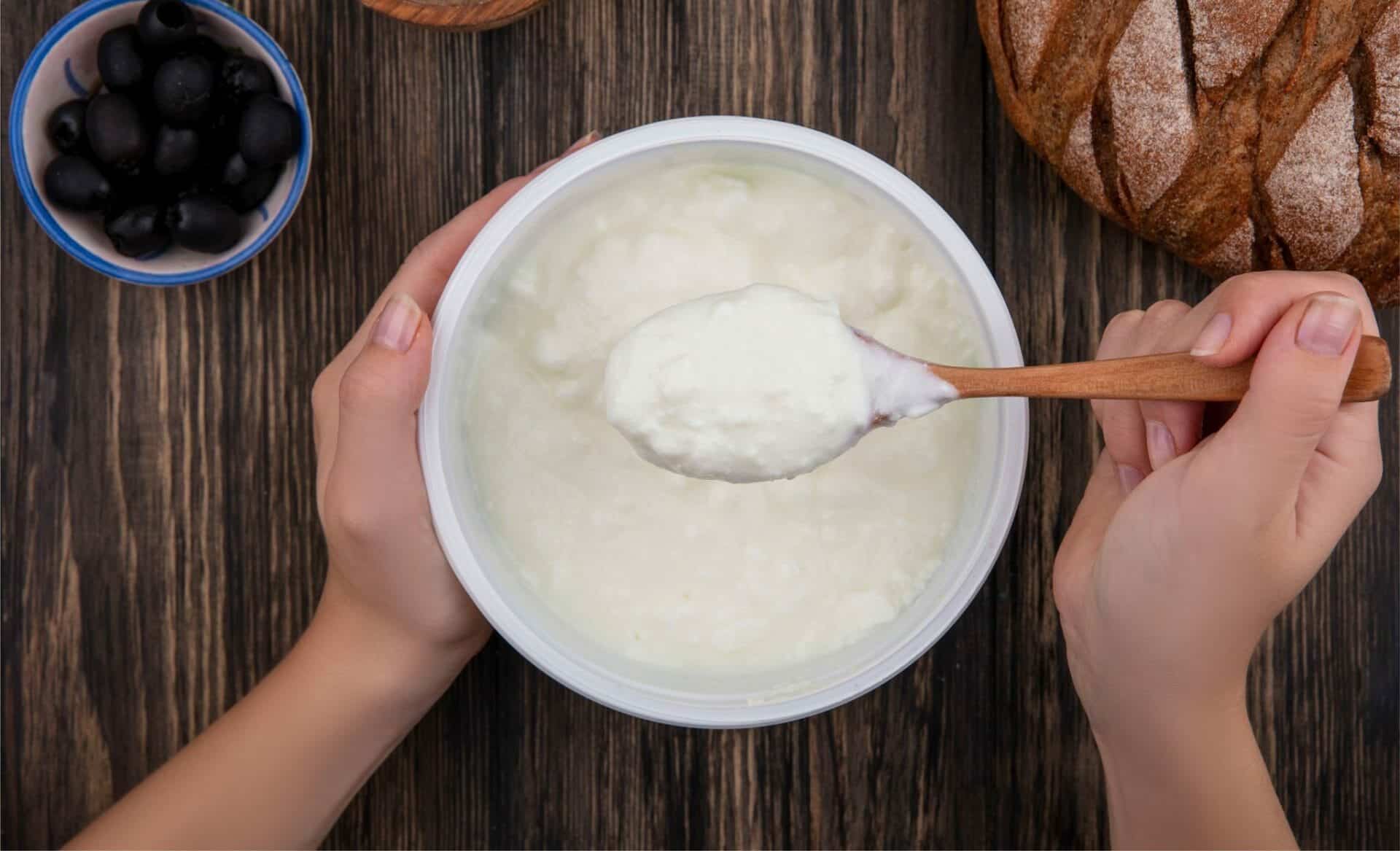
- Animal products
The consumption of meat from domestic or aquatic animals, particularly fatty varieties, can increase heat and acidity within the body. It can exacerbate pitta dosha and potentially contribute to heavy menstrual flow. [1]
Explore how to pacify pitta dosha
- Dairy products
Foods like payasam (rice cooked with milk), curd, suktall (vinegar), and mastu (curd water) can be heavy and aggravate kapha dosha. When consumed excessively, they can lead to heavy periods. [1]
Also learn how to pacify kapha dosha
- Improper eating habits
Adhyashan, or taking meals before the digestion of a previous meal, and virudhashan, or the consumption of incompatible foods, can disturb the digestive fire (agni). It can create an imbalance in the body, which may manifest as heavy menstrual bleeding. [1]
- Excessive coitus
Overindulgence in sexual activity can elevate pitta dosha and increase menstrual bleeding. [1]
- Physical activities
Engaging in activities like riding, weight lifting, and experiencing trauma can disturb the stability of the pelvic region. It can disrupt the normal flow of menstruation. [1]
- Daytime sleeping
Daytime sleeping or improper sleep patterns can disrupt the circadian rhythms and affect hormonal balance, potentially leading to heavy menstrual bleeding. [1]
12 home remedies to manage periods
Addressing menstrual irregularities and heavy bleeding is achievable through a holistic approach that includes dietary choices, lifestyle modifications, and herbs and spices. Here are 12 home remedies to mitigate heavy menstrual flow and promote well-being.
- Dietary considerations
Consume simple, freshly prepared, and hot food items. Include spices like ginger, cardamom, cumin, coriander, and cinnamon in your meals. These spices enhance flavor and aid in balancing the Doshas, particularly pitta and vata. [2]
- Energy conservation
During menstruation, prioritize conserving energy for the body’s cleansing processes. Avoid excessive talking, overthinking, and sexual intercourse, as these activities can divert energy from downward waste elimination. [2]
- Urge suppression
Refrain from suppressing natural urges like urination, defecation, and sneezing. Suppressing these urges can disrupt the downward flow of vata, which is essential for the body’s cleansing actions. [2]
- Meditation
Engage in meditation practices to cultivate inner peace and tranquility. A calm mind supports the harmonious functioning of vata and facilitates the body’s natural cleansing processes. [2]

- Hydration
Keep the body well-hydrated with warm teas of ginger, lemon with honey, cumin, coriander, and fennel. These teas help balance Doshas and promote healthy digestion. [2]
- Yearly cleansing
Maintaining Dosha balance throughout the year is crucial. Consider periodic Ayurvedic cleanses to rejuvenate bodily tissues and ensure optimal functioning. [2]
- Pranayama and Yoga
Practice pranayama to balance the mind and equalize the activity of both brain hemispheres. Choose yoga exercises based on your constitution to maintain physical strength. [2]
- Herbal remedies for vata
In cases of a vata-dominant menstrual cycle, dasamoola, a combination of ten herbs, can help pacify vata Dosha and alleviate discomfort. [2]
- Ginger
Ginger is beneficial for vata-related menstrual flow with discomfort. Its warming and soothing properties can alleviate pain and balance doshas. [2]
- Asoka
Asoka can tone the uterus and ease heavy menstrual flow. It plays a critical role in helping restore balance during menstruation. [2]
- Pitta pacifiers
Consider herbs like satavari, amalaki, guduchi, Ghrita kumari (aloe vera), and brahmi for a pitta-dominant menstrual flow. These herbs are ideal for their pitta-pacifying properties. [2]
- Kapha balancers
In the case of a kapha-dominant menstrual cycle, include spices like cinnamon, cardamom, and black pepper into your diet. These spices stimulate agni (digestive fire) and help manage excess kapha. [2]
When to see a doctor
Seeking medical advice is advisable when experiencing menstrual irregularities that persist despite implementing home remedies and lifestyle modifications. While Ayurveda offers valuable insights into natural approaches to women’s health and well-being, certain underlying medical conditions or severe imbalances may require the expertise of a qualified Ayurvedic practitioner or a conventional healthcare provider.
Consult a healthcare professional when experiencing severe pain, excessive bleeding lasting for a long period, sudden changes in menstrual patterns, or unusual symptoms. These could indicate deeper health issues that may require specialized evaluation and treatment. A collaborative approach that combines Ayurvedic principles with conventional medical care can ensure effective management of menstrual concerns.
FAQs
1. How to manage periods immediately – home remedies
For managing discomfort, consume hot, freshly prepared foods with spices like ginger, cardamom, cumin, coriander, and cinnamon. Avoid energy-draining activities like excessive talking, thinking, or sexual intercourse. Stay hydrated with warm teas, practice meditation for mental peace, and consider yearly or seasonal cleanses to maintain dosha balance. [2]
2. How to manage prolonged periods immediately – home remedies
Lengthy periods may result from imbalances. Try ginger teas, stress management through relaxation techniques, and cooling foods like mint, coriander, and cucumber. However, consult a professional for appropriate guidance. [2]
3. How to manage periods bleeding immediately – home remedies
To manage heavy bleeding, consider ginger, dasamoola, or asoka for balancing doshas. Use satavari, amalaki, guduchi, Ghrita kumari, or brahmi for pitta dominance. Cinnamon, cardamom, and black pepper can help in kapha-dominant cycles. Maintain dosha balance and consult a practitioner for personalized guidance. [2]
Conclusion
While stopping periods abruptly is generally discouraged, Ayurveda offers valuable insights and home remedies for easing discomfort and achieving healthier menstrual cycles. Maintain a balanced diet, conserve energy during menstruation, manage stress through meditation, and stay hydrated with warm teas. You can also consider seasonal cleanses to harmonize doshas.
Additionally, practicing yoga, pranayama, and using specific herbs and spices tailored to your Dosha can contribute to menstrual health. Individual constitutions and unique circumstances play a significant role. Consulting with a qualified Ayurvedic practitioner for personalized guidance is highly advisable. Embracing these Ayurvedic principles will help you work toward nurturing a harmonious menstrual cycle.
Disclaimer
The information provided here does not intend to replace professional advice or treatment.
References




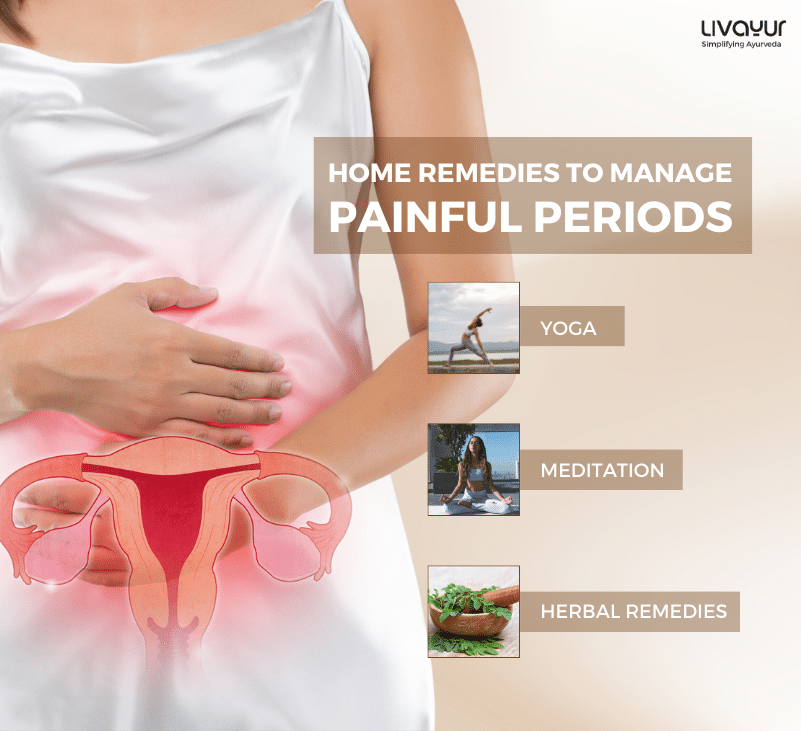


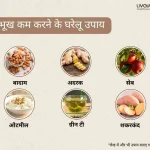
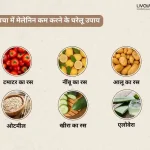



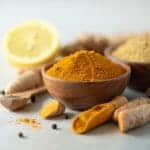

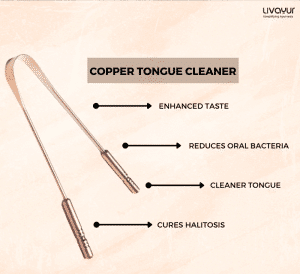
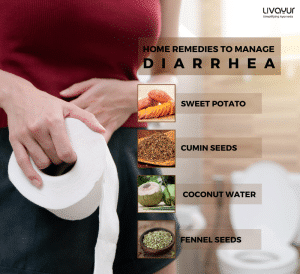
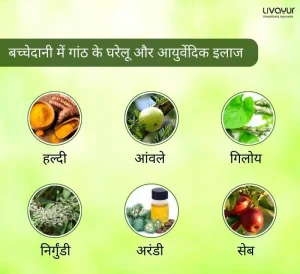









17 Comments